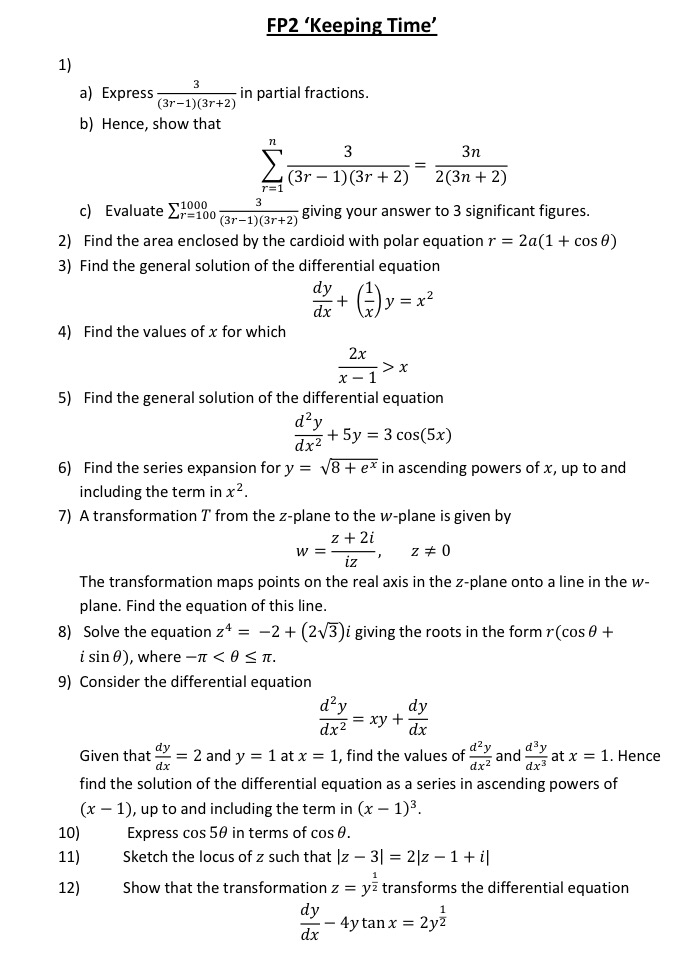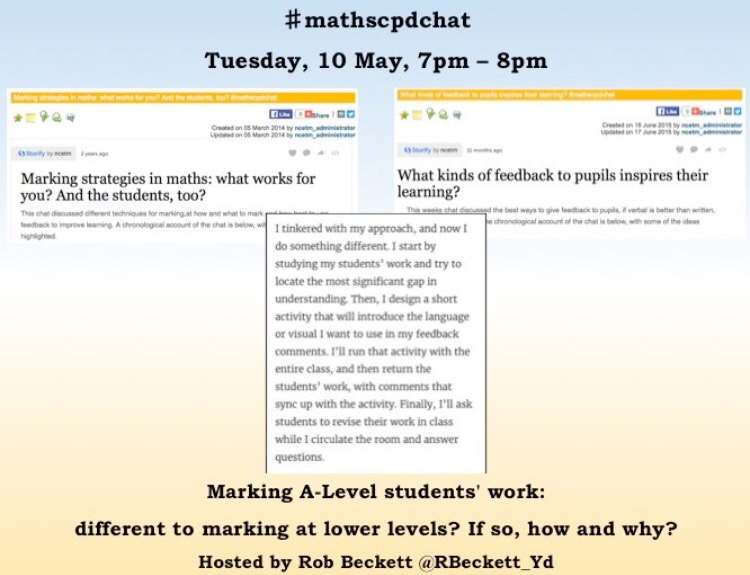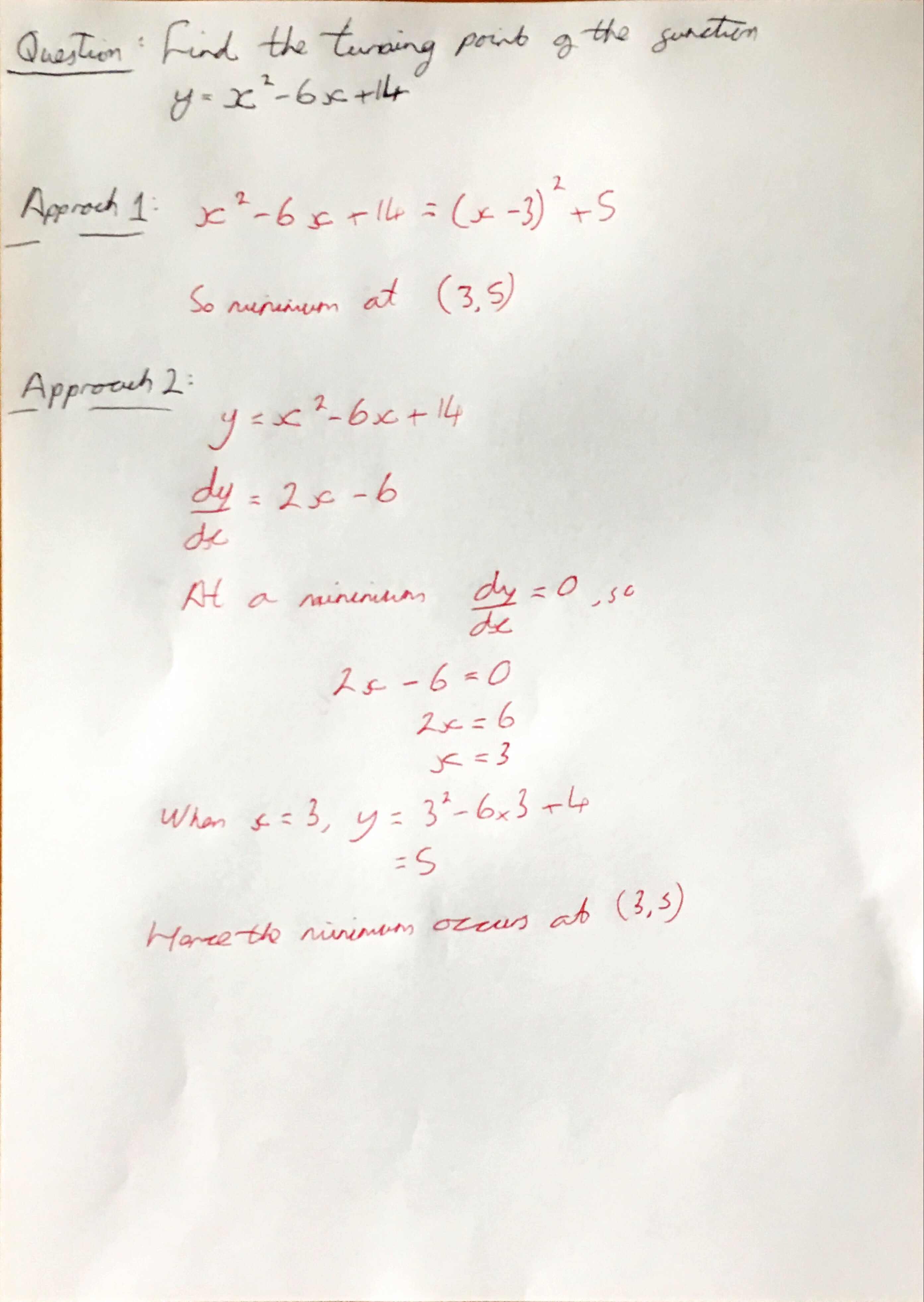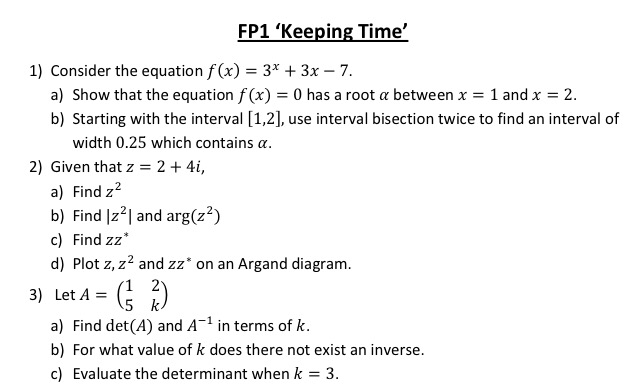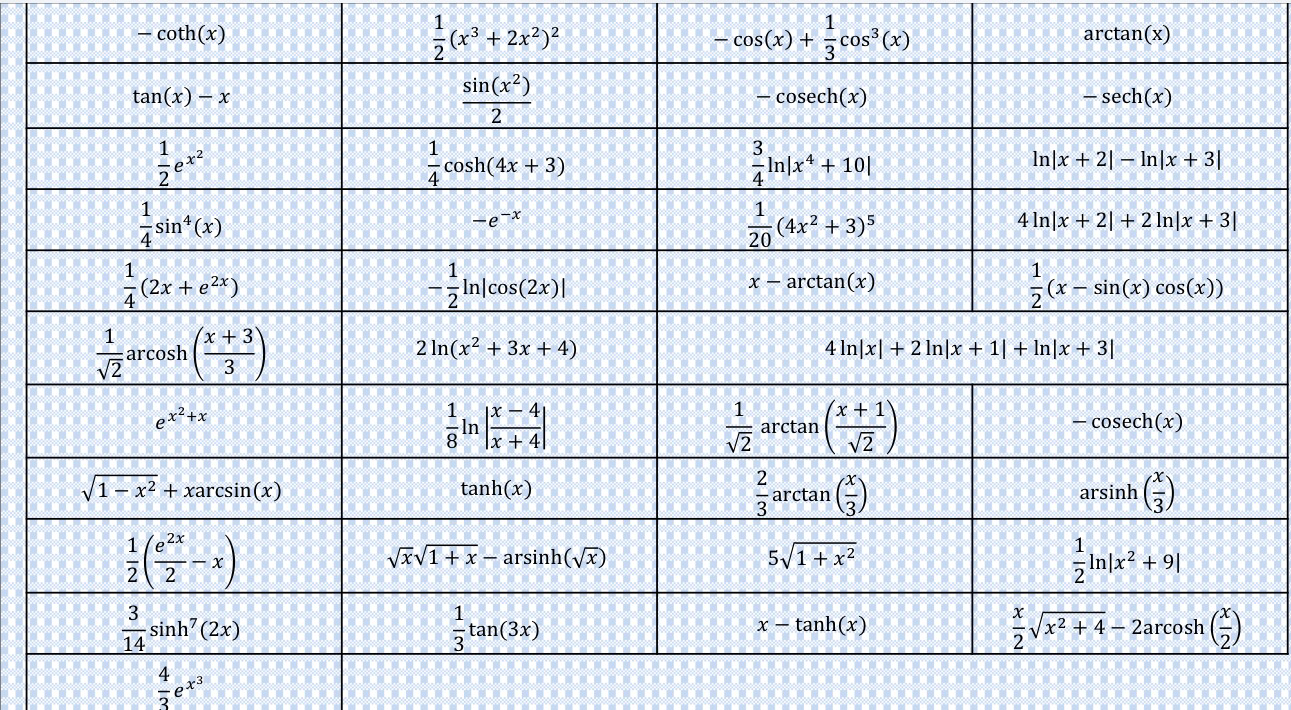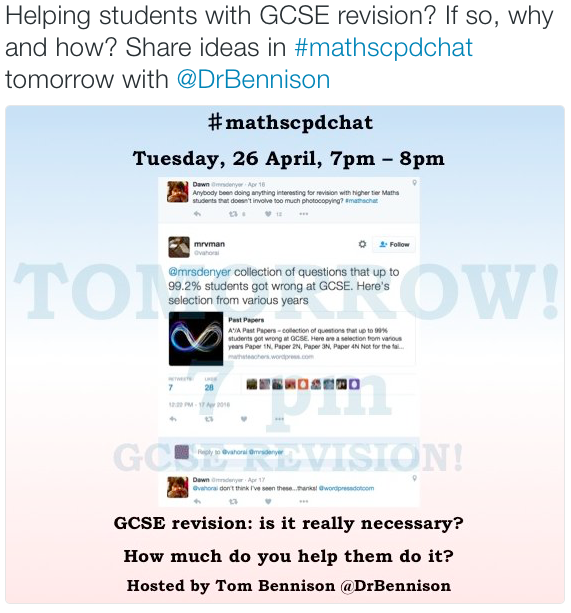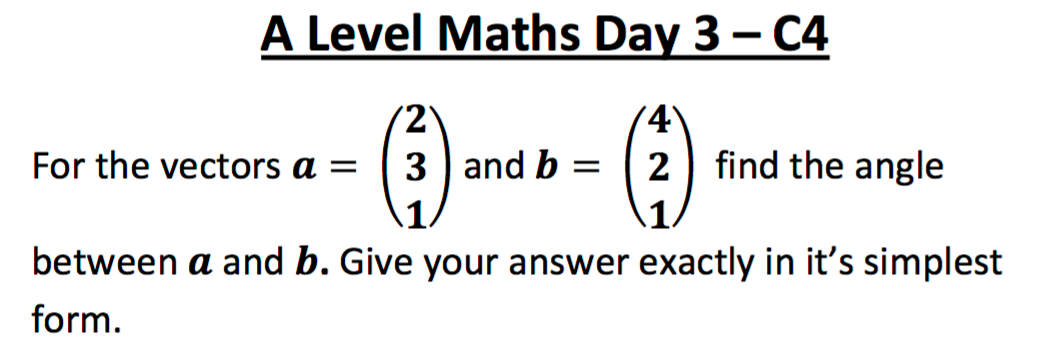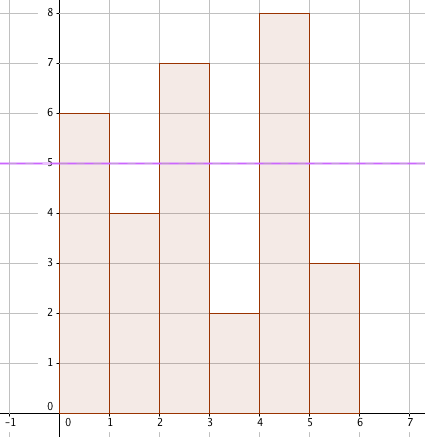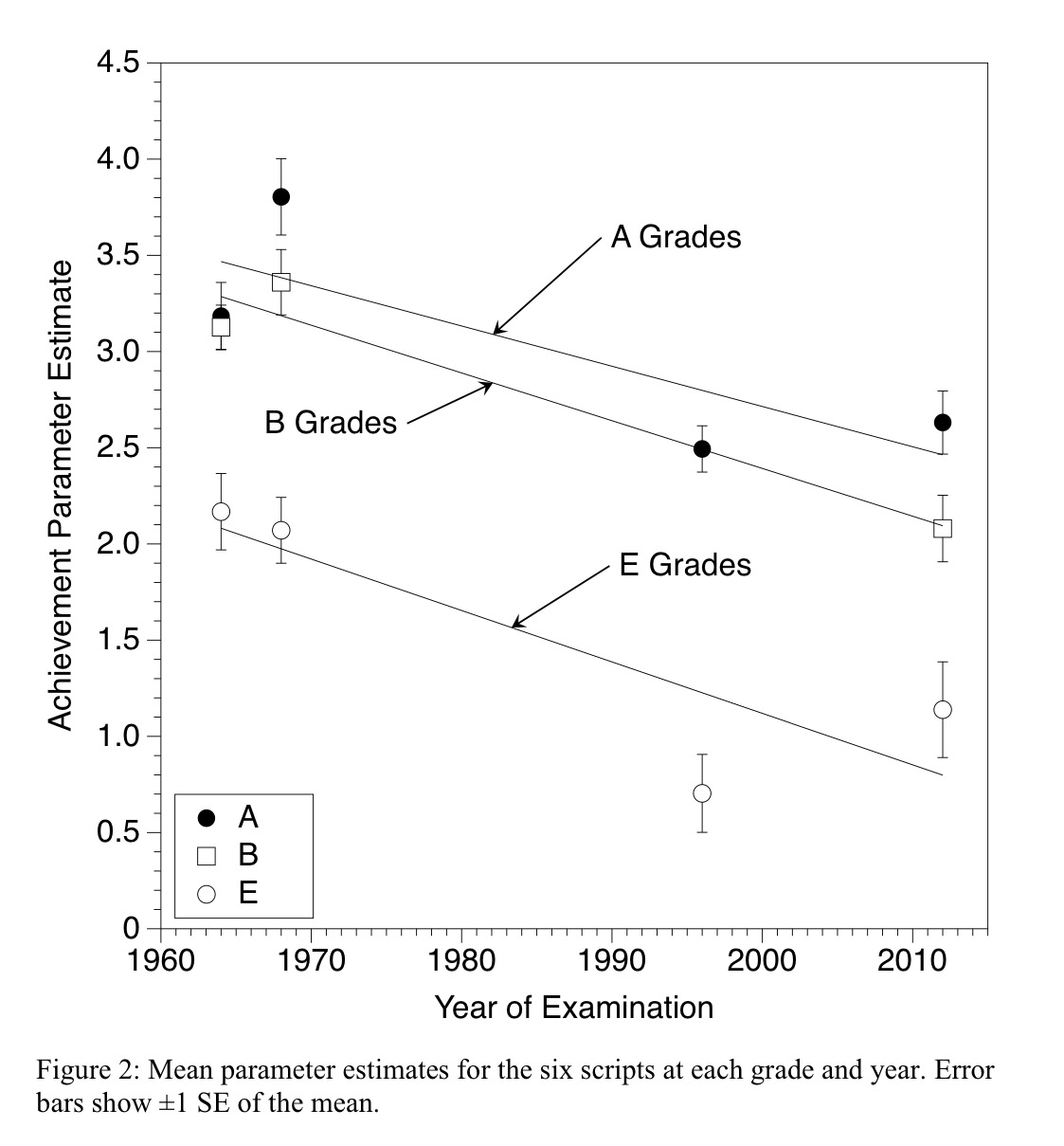On the 9th of May we discussed “Fifty years of A-level mathematics: Have standards changed?” by Ian Jones, Chris Wheadon, Sara Humphries and Matthew Inglis. A pre-print of the article is available here since the published article is behind a paywall.
https://storify.com/tajbennison/mathsjournalclub-discussion-5-a-level-standards#publicize
We were lucky enough to have one of the author’s take part in the discussion and he provided some important insights. I feel that having the authors take part in the twitter chats is very powerful and something I hope we will see more of in the future.
Later this week I will release a poll for the next article, you have a few days to send me any suggestions – please make sure that they are open access 🙂
I will also announce the date for the John Mason article chat as soon as I have one.
